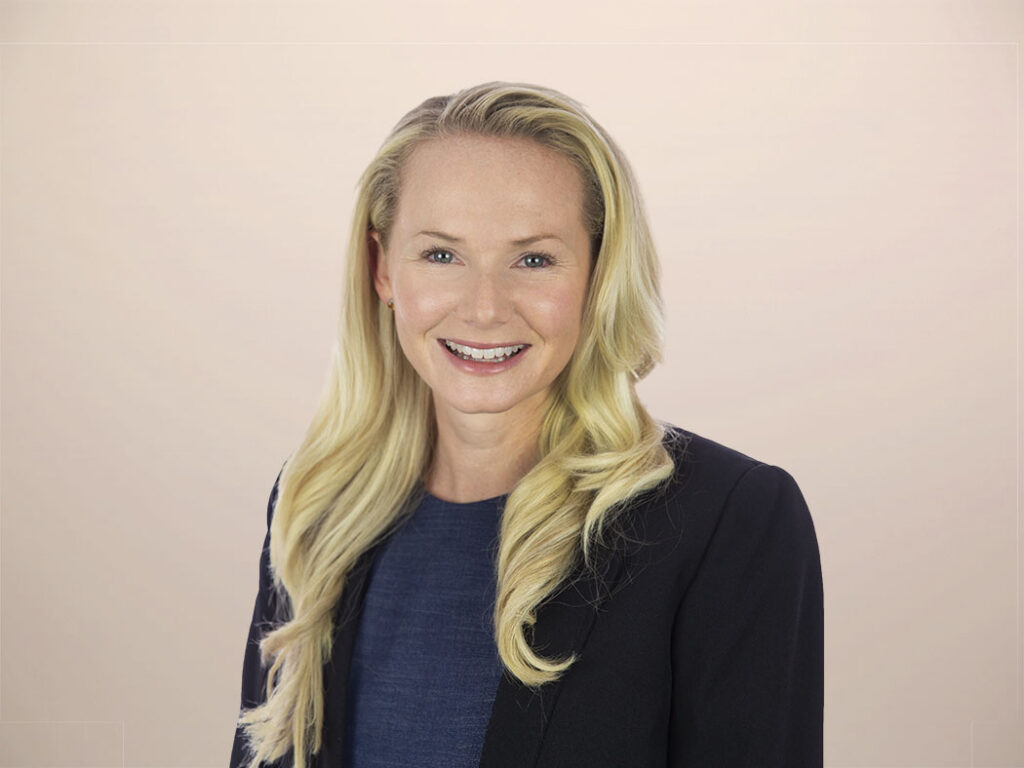Takeaways From HIMSS25: Embrace Collaboration, Change, And Cybersecurity
Collaboration emerged as the key to unlocking the power of emerging technology and tackling tough challenges for healthcare at the Healthcare Information and Management Systems Society (HIMSS) annual conference for 2025. CEO Hal Wolf called on all healthcare organizations (HCOs) to prepare for change, acknowledging the anxiety and uncertainty many feel amid rapid policy shifts. Healthcare leaders highlighted the lack of preparedness as the pace of change instills a sense of chaos. Vendor conversations revealed that they’re struggling with solutions and approaches for handling change. Lastly, the conference seemed to pay lip service to cybersecurity by relegating its tracks to the annex and by naming it as a pillar but not a priority.
Where Action Is Speaking Louder Than Words
While cybersecurity felt underrepresented — a reminder that we’re just one year post the Change Healthcare breach — many HCOs are collaborating to speed development of emerging technologies. HCOs can leverage the same or configurable algorithms and tools to meet similar needs. While we all need the tech, we don’t all need to build the tech. We heard and saw notable developments in key areas:
- Agentic AI. Salesforce’s Agentforce for Health intends to reimagine healthcare with digital labor. Partnering with athenahealth, Agentforce streamlines tasks such as checking eligibility, scheduling appointments, and verifying insurance benefits. Talkdesk’s platform enhancements enable AI agents to use embedded call controls and conversation management tools within Epic. With Talkdesk Copilot, agentic AI manages calls, accesses patient information, schedules appointments, verifies benefits, and manages prescription refills, improving workflow and patient care.
- Ambient listening. Microsoft unveiled its Microsoft Dragon Copilot, which combines the natural language voice dictation of Dragon Medical One with the listening capabilities of DAX Copilot. The industry’s first unified voice AI assistant enables clinicians to streamline clinical documentation, automate tasks, and generate after-visit summaries, referral letters, and summaries of clinical evidence.
- Intelligent healthcare organizations. Samsung Medical Center showcased its innovative use of AI, robots, and digital tools to enhance patient care and business operations. Samsung’s embrace of a collaborative culture led it to a completely redesigned process that incorporates emerging technologies and helps create an intelligent HCO. As a result of these ongoing efforts, the health system achieved a perfect HIMSS Digital Health Indicator score in October 2024.
- Customer engagement. Arcadia and League teamed up to bring longitudinal patient data to League’s customer experience platform. As Michael Meucci, president and CEO of Arcadia, shared, “Functionally, Arcadia acts as the data and analytics hub to provide longitudinal patient records that will drive League’s consumer application with AI-based personalization and engagement to improve the patient experience.” HCOs will now be able to deliver individualized health recommendations and use AI and behavioral science to engage consumers.
HCOs Must Find Their Balance On AI And Cybersecurity
While the AI buzz captivated attendees, the lack of action and focus on cybersecurity will have sobering effects on the industry. AI, in its many forms, is useless if we do not protect the data as well as the organizations generating and using it. We also need to ensure that only authorized AI is being used by HCOs so they don’t risk leaking clinical data to public large language models and exposing patient records.
We’d love to hear your takeaways and thoughts on the event and key announcements. Forrester clients can schedule time with us here.
Not a client? Learn more about how you can have Forrester on your side and by your side.
